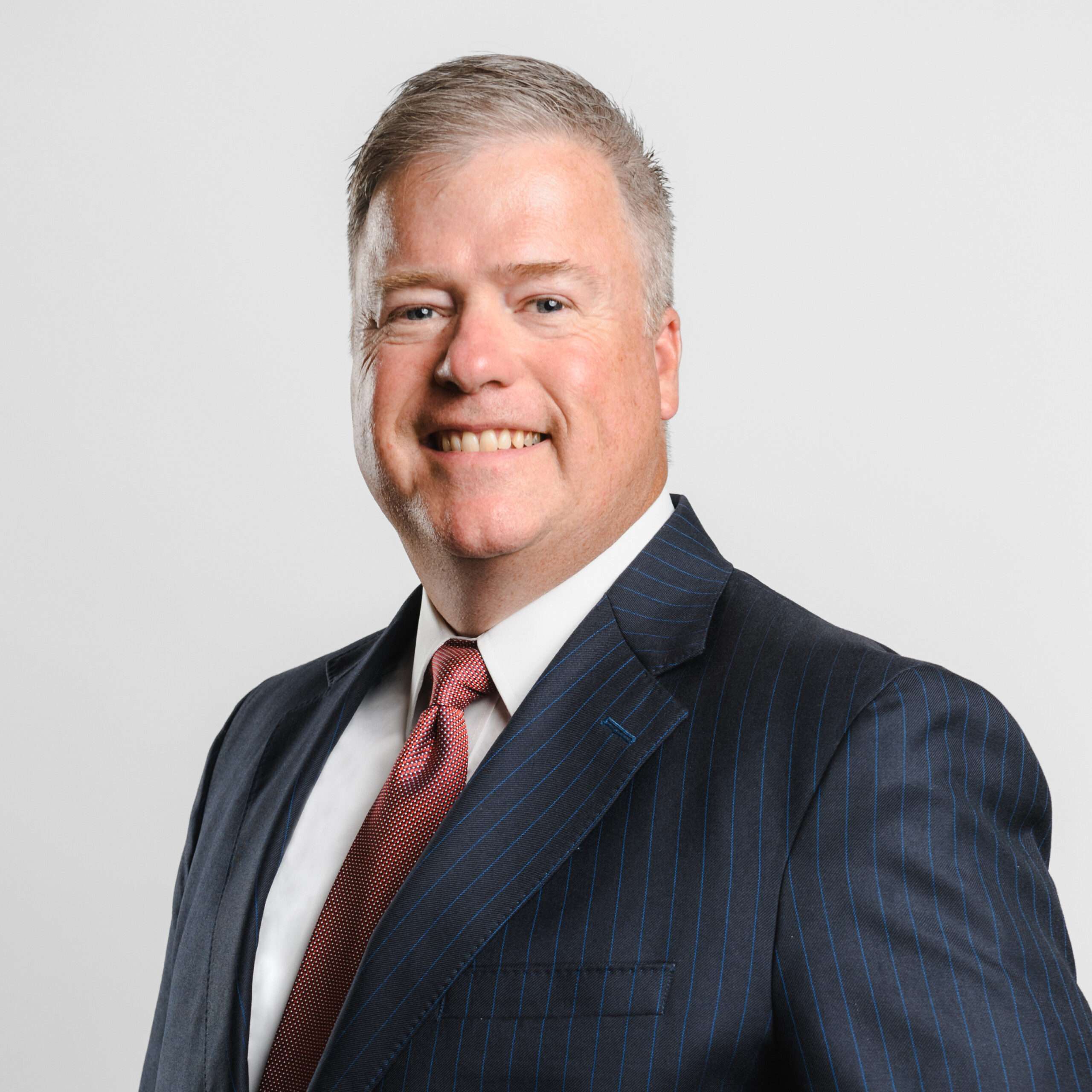Defining Growth Through Earnings Power
We hear the term growth constantly in our industry. Generally speaking, investors desire growth from the companies or assets in which they invest. This makes sense. After all, growth is normally required to make assets more valuable. Even value-oriented investors seek out companies that exhibit the potential to grow in the future.
But how do you define growth? Some investors define growth simply as revenue growth. Some focus on increasing profits or earnings per share. Margins, market share, and many other metrics may be used as barometers of growth. All growth, however, is not created equally.
Enduring investments ultimately require companies to sell more of what they do. At Riverbridge, we define growth as unit growth. We invest in companies that consistently sell more of what they do year after year. The definition of units varies from company to company and can include the number of licensed seats for a software company or products sold for a manufacturing company.
Many managers use some level of profitability—such as net income or earnings per share—as their primary measure of growth. While these measures are an important piece of a company’s overall analytic mosaic, they have limitations. Companies may increase their profitability through cost reductions. Costs can only be pared so far, however, before the fundamental vitality of a company is compromised. For ultimate sustainability, unit growth must be present.
Unit growth alone also has its limitations. Growing for growth’s sake is a recipe for an underperforming investment. Riverbridge is not attracted to management teams whose aim is to grow at all costs. Instead, we focus on companies that are producing enduring unit growth while maintaining high returns on invested capital. We focus on management teams deploying their resources in a manner that will earn them a sustained superior return on their invested capital. We are willing to accept reduced revenue or earnings per share growth if management makes prudent investments in those parts of their businesses which can generate high returns over the long term. Sustained unit growth combined with increasing returns on invested capital creates earnings power.
Riverbridge seeks management teams with the discipline to stay in business and allocate capital only to where they have an advantage. For management teams of public companies, the pressure from Wall Street to accelerate short-term growth is formidable. Too many company leaders move into lower-return businesses attempting to chase growth. To do this, they may apply leverage. Borrowing is an effective but risky method to bolster growth. Unless this incremental growth offers a superior return on invested capital, applying leverage increases the risk to the business at a rate not commensurate with the benefits of the increased growth.
When access to cheap capital evaporates, companies that have used debt to bolster short-term growth tend to suffer and experience stalled growth. This phenomenon has occurred repeatedly throughout market cycles in 1990, 2000, and 2008. Thus, we find it critical to look at unit growth and lean on our investment philosophy. We do this by investing in companies with growing demand for what they do while also achieving superior returns on their invested capital.
Related Articles
Investment Fundamentals
How We Assess Management to Identify Endurance
As investors, we seek companies with a strategic market position in their competitive marketplace, consistent unit growth, and high returns on invested capital.
Learn More
Identifying Sustainable Growth
Growth is generally coveted by investors. Most investors seek some type of growth—growth of markets, revenue growth, earnings growth, market share growth.
Learn More
Investment Fundamentals
Our Commitment to Internally Financed Growth
Since our founding in 1987, internally financed growth has been a foundational pillar of the Riverbridge investment philosophy.
Learn More
Investment Fundamentals
Cultivating a Long-Term Mindset
True value—the kind of value that creates a bigger pie for everyone—is never created quickly. Such value creation requires endurance and a long-term mindset.
Learn More
Investment Fundamentals
Understanding a Company Through Its Accounting Practices
While some may consider conservative accounting to be mundane when compared to our other disciplines, it is certainly no less important and cannot be overlooked.
Learn More
Investment Fundamentals
An Enduring Investment Approach is Rooted in What’s True
An investment philosophy, simply stated, is a set of guiding principles that govern all investment decisions made by an entity.
